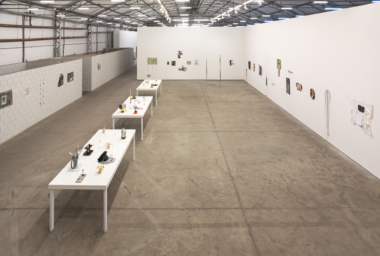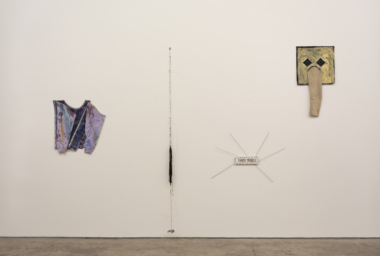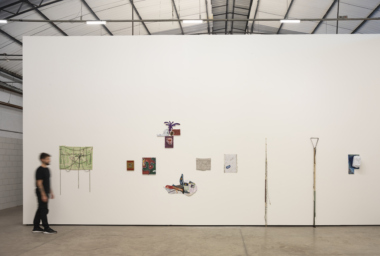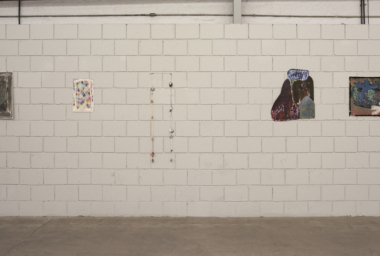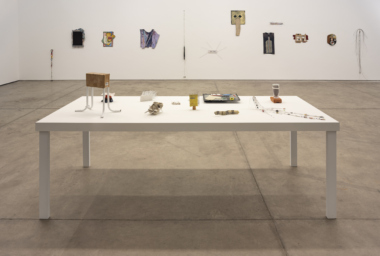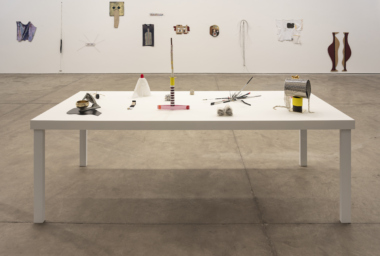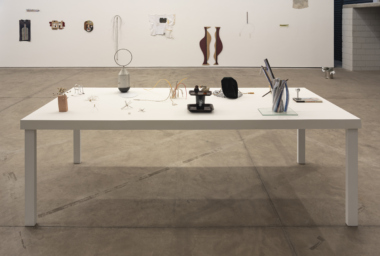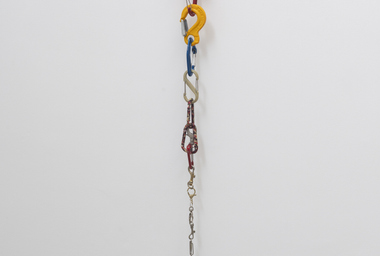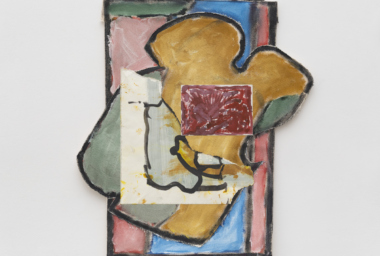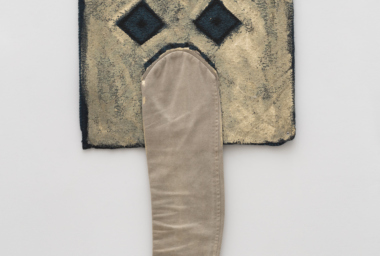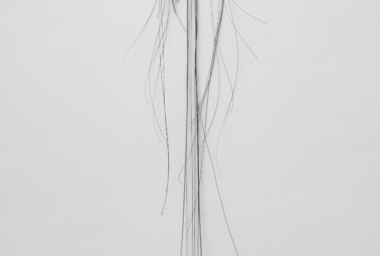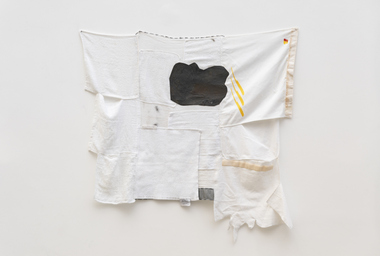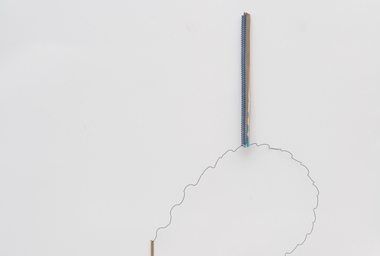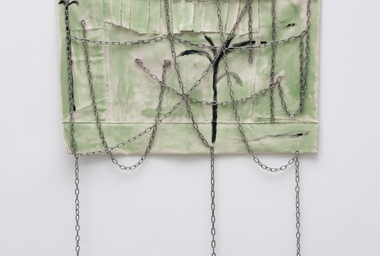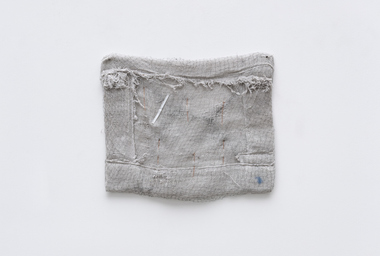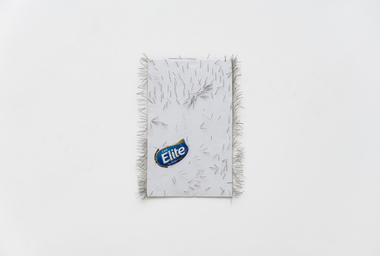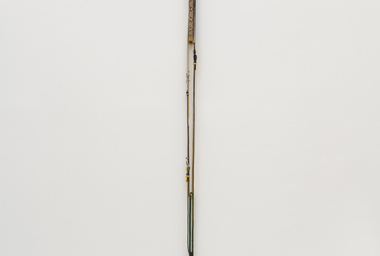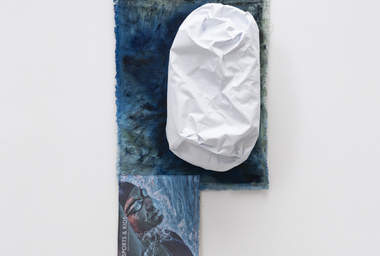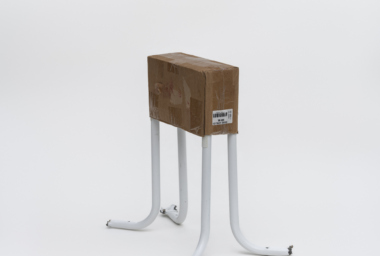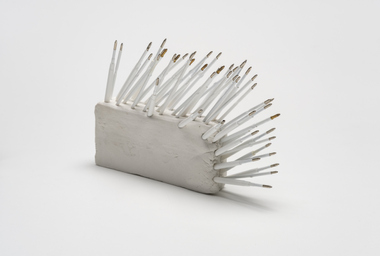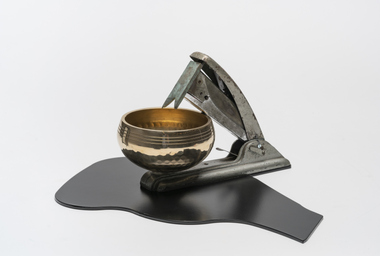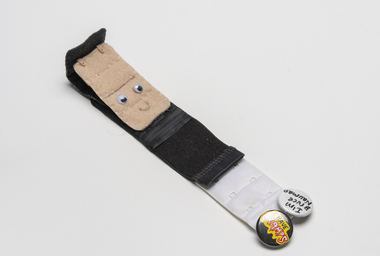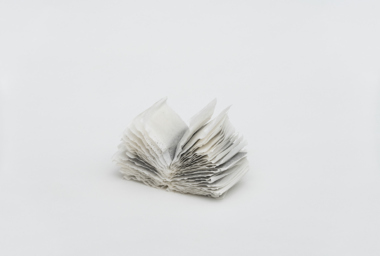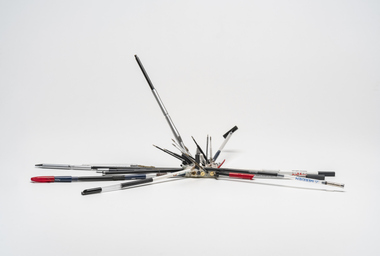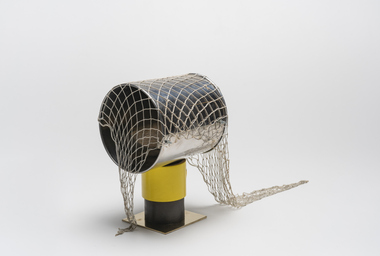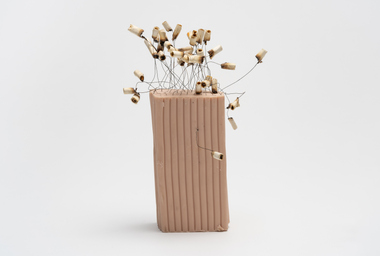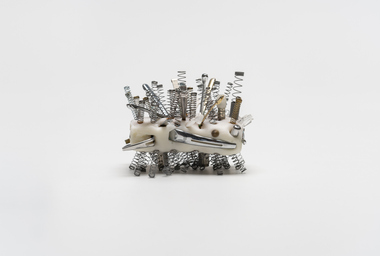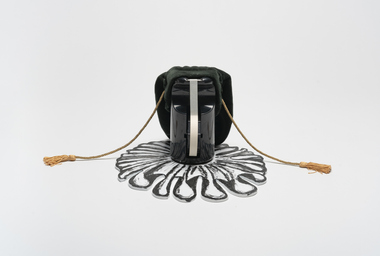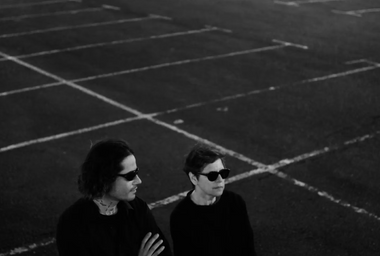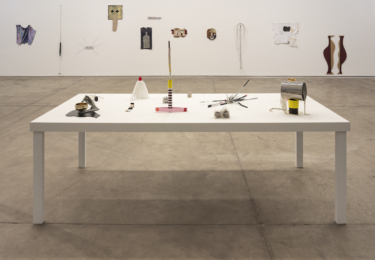
Adriano Costa
Jac Leirner
My Work
Nov 18, 2021 – Feb 5, 2022
Opening
Nov 18, 5 pm–8 pm
FDAG Barra Funda
Download
Fortes D’Aloia & Gabriel is pleased to present ‘My Work’ an exhibition by Jac Leirner and Adriano Costa at Galpão, in São Paulo. The artists spent the last two years in dialogue, sharing the same environment and often even materials. The exhibition brings together a selection of works produced during that period, pieces of sole-authored, but which carries confluences of a common nature.
2 + 2 = 4
By Oliver Basciano
In Devo’s 1978 weird slice of early post-punk Mechanical Man lyrics are repeated mantra-like, but the delivery through a robotic-like synthesizer voice largely removes all traces of meditation, replacing it with something akin to the zoned-out automation of the production line.
For months Jac Leirner and Adriano Costa, artists and friends, have been working alongside each other, not collaborating as such – in this show all the works are sole authored –, often sharing an environment, a proximity, tools, and sometimes even materials. They work in silence, while Devo’s Hardcore, an anthology of early demos can, often be heard cranking away in the background. With an atmosphere of methodical productivity, the studio becomes a factory and the artists co-workers. Their product is the mutation of everyday materials and objects into sculpture, for both Leirner and Costa, however, the production of art is not an act of transubstantiation, instead their job recognises, organises and potentializes objects whose value may be overlooked by others. While previously Leirner has turned her attention to business cards, museum signage, cigarette packs, currency, or spirit levels, amongst other prosaic items, for a long time she has also been accumulating even more mundane artifacts, such as cardboard or plastic packaging.
On Leirner’s studio table, amidst a cutting board, glue and scalpel, are piles of carefully sorted cardboard (by both colour and size). These she has disassembled, prizing out the glued folds, removing any plastic elements and flattening out the creases. She will then score out sections of card, collaging the resulting colourful fragments of packaging into sculptural reliefs in which layers of the material build up into a composition of geometric abstraction. Formally, the new works hark back to the artist’s Adhesives from the early 2000s, complex grids of stickers arranged on boards or Plexiglass plates, or, on a much larger scale, Names, in which her building blocks were plastic bags from museum shops.
An interpretative text such as this might naturally turn to art history as reference and context but that seems to me to be a dead-end: Leirner is as interested in objects in stores, streets and factories, as in those in museums. “The worker can create nothing without nature, without the sensuous external world”, Marx wrote. “It is in the material on which labour is realised.” On a single surface, the artist glues elements from four, five, six different pieces of packaging. There are yellow tabs for hooks, there are parts of what might be red rolling paper packs. Everything is free from interference until the logo of a random company catches the eye somewhere in the set of details. The art canons are not enough to really understand the work, we must also turn to the memory of mundane places, such as supermarket shelves that belongs to all of us.
Using similar resources, where Leirner creates order, Costa invites disorder. He throws open the gallery doors to the messy city beyond and says come, squat in the pristine white cube. Several of the new sculptures incorporate cartoonish elements. With its lid partially open in a wide grin, Fred Astaire, a metal pedal bin, has two outlandishly oversized metal hands attached to its ‘body’. It is telling that Costa presents the anarchy of Toonland with its topsy-turvy sensibilities. Theodor Adorno argued that cartoons taught capitalist conformity. In 1947 he wrote: “Donald Duck in the cartoons and the unfortunate in real life get their thrashing so that the audience can learn to take their own beating”. There is a similar sense of dread or mess that underpins Costa’s work, even when he veers between elegance (Garrafa [Bottle], 2021, a textile work made from an old Lacoste shirt) and humour (the absurd gesture of Museu [Museum], 2021, in which a metal drum balances on two rolls of tape, a net thrown over the sculpture). Costa and Leirner establish a similarly realistic dialectic by granting dignity to the detritus of capitalism, including, but not limited to in this show, cleaning cloths, paper and glue, staplers, tape dispensers, and items of clothing. With his materials, Costa stitches and folds, sticks and layers, creating sculptures that are both measured in execution and wildly free in their materialisation. With paintbrush and pen, he brings the ephemeral textures and tones of the external world into his work. Costa’s brushstrokes are frequently daubed, and accompanied by visceral, tactile scribbles.
There is a seductiveness to Leirner’s work, in its repetition; in the slowness of its production, in which materials might take decades to collect but a work can be assembled at speed. For Costa, there is a sense of debauchery that drives his artmaking, a renegade spirit in which insignificant items are brought in a whirlwind of visceral, formal, connections. Both artists refuse symbolism and narrative. Both reject the polite mores of the gallery space. Their sculptures, little Molotov cocktails, are moments of revolt.
Jac Leirner (São Paulo, Brazil, 1961) lives and works in São Paulo, Brazil. Represented by Fortes D’Aloia & Gabriel. Among her solo exhibitions, the following stand out: Wolfgang Hahn Prize, Ludwig Museum (Cologne, 2019); IMMA (Dublin, 2017); The Fruitmarket Gallery (Edinburgh, 2017); MoCA Shanghai (2016); Museo Tamayo (Mexico City, 2014); CAAM (Las Palmas de Gran Canaria, 2014), Yale School of Art (New Haven, 2012); Estação Pinacoteca (São Paulo, 2011). Among the group exhibitions, the following stand out: Sharjah Biennial (2015), Istanbul Biennial (2011), Venice Biennial (1997 and 1990), Kassel’s Documenta (1992), São Paulo Biennial (1989 and 1983).
Adriano Costa (São Paulo, Brazil, 1975) lives and works in São Paulo, Brazil. Represented by Mendes Wood DM. Among his solo exhibitions, the following stand out: wetANDsomeOLDstuffVANDALIZEDbyTHEartist, Kölnischer Kunstverein, Cologne (2018); B A I L E, Instituto Tomie Ohtake, São Paulo (2018); DearMeatCutsDevilMayCry, David Kordansky Gallery, Los Angeles (2016); Every Camel Tells a Story, Mendes Wood DM, São Paulo (2015). Among the group exhibitions, the following stand out: Everyday Poetics, Seattle Art Museum, Seattle (2017); Frucht & Faulheit, Lothringer13 Halle, Münich (2017); IMAGINE BRAZIL, Astrup Fearnley Museet, Oslo & Musee D’Art Contemporain de Lyon, France (2014).
Special thanks: Mendes Wood DM.
